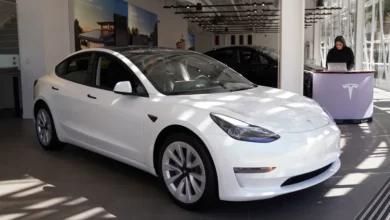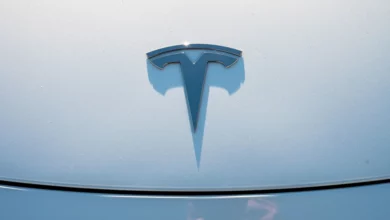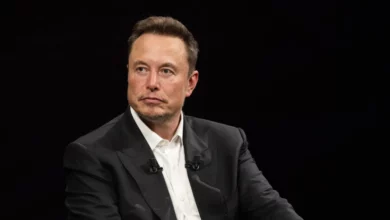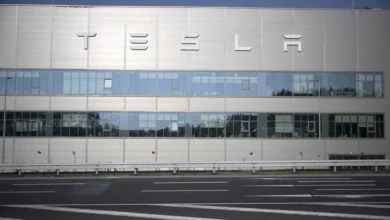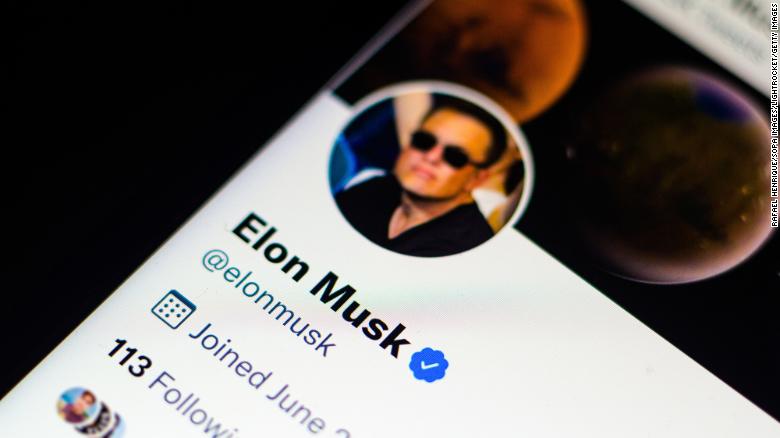
New York CNN Business — Elon Musk bought a $44 billion fixer-upper, and he’s not wasting any time gutting the joint.
If you spent the weekend trying to ignore the news, like I did, let’s catch up on what the Musk wrecking ball has targeted so far:
- Twitter’s top executives are out, though not empty handed: The former CEO, CFO and top lawyer are expected to walk away with a total of about $200 million in stock payouts and golden parachutes.
- Musk and his inner circle reportedly worked through the weekend to cement plans to lay off a quarter of the staff.
- Musk disbanded the board of directors on Monday (not unexpected, but notable).
- Twitter’s blue-check verification stamp — a feature that helps users distinguish which accounts are authentic — may be soon upended as Musk weighs allowing people to pay for it. (More on that in a minute).
- As if all that wasn’t keeping him busy enough, he also found time to call the New York Times “fake news” and tweeted an obviously untrue conspiracy theory about the attack on Paul Pelosi.
And yes, this is all Textbook Musk. But what may have started as a prank (one that backfired and cost Musk $44 billion), has become a slow-motion digital-era trainwreck.
Why should you care?
Maybe you don’t use Twitter; maybe no one you know uses Twitter. And honestly, I can’t recommend you start trying it out now. But the fact is many of the politicians you vote for or against use it all the time; the journalists and scholars and business leaders who help shape day-to-day discourse around the world all use it. Musk himself has long favored using Twitter rather than an PR team to break news about his other companies like Tesla.
It is barely a tenth the size of Facebook, but Twitter has always had an outsize influence over the worlds of media, politics and tech, as my colleague Seth Fiegerman wrote.
And now that we’re seeing how Musk plans to cement his power over Twitter, people are nervous.
Pre-Musk, Twitter wasn’t a perfect place — it is still, after all, the internet. But the company was working on making it less hateful, less toxic, less tolerant of harassment that tends to snowball when mobs of humans begin typing in a whirl of self-righteous fervor. People who peddled hate speech and conspiracy theories were routinely banned.
Musk has made it clear he thinks Twitter was too strict on those people. And, not surprisingly, within hours of Musk sealing his ownership last week, a flood of racist tweets emerged from users who now feel emboldened to spew hate speech with impunity.
Musk said he wouldn’t make any immediate changes to content moderation, and tried to assuage investors that the site would not become a “hellscape” or a “free-for-all.”
But the blue-check verification issue is giving a lot of users pause.
The feature was an imperfect but useful way for Twitter users to quickly ascertain whether the information they’re engaging with is coming from the account it purports to be. For example, a tweet from @CNN, with a blue check, means it’s coming from actual CNN staff. An impostor might try to create a similar-looking account, but without the blue check, you know it’s not us.
Now, Musk-era Twitter is considering offering that status to any user willing to pay 20 bucks a month for it. And those of us already verified may have to start paying to keep our verification, according to internal Twitter documents viewed by CNN.
The pricing and details of the plans could change, of course. But either way, such a move fully change the meaning of the blue check, morphing into merely a status symbol for anyone with an extra $240 a year, while deterring folks who can’t pay for it.
Bottom line: Content moderation online is not a new or unstudied issue. In fact, lots of smart people have been working for years to figure out how to navigate all these thorny issues (many of those people work at Twitter, in fact).
Musk seems to think he can swoop in and sort it all out, all while making Twitter more profitable. I wish him the best of luck.
RELATED: Senator Chris Murphy is calling for an investigation into the national security implications of Saudi Arabian entities maintaining a massive stake in Twitter after helping Musk finance the takeover.

